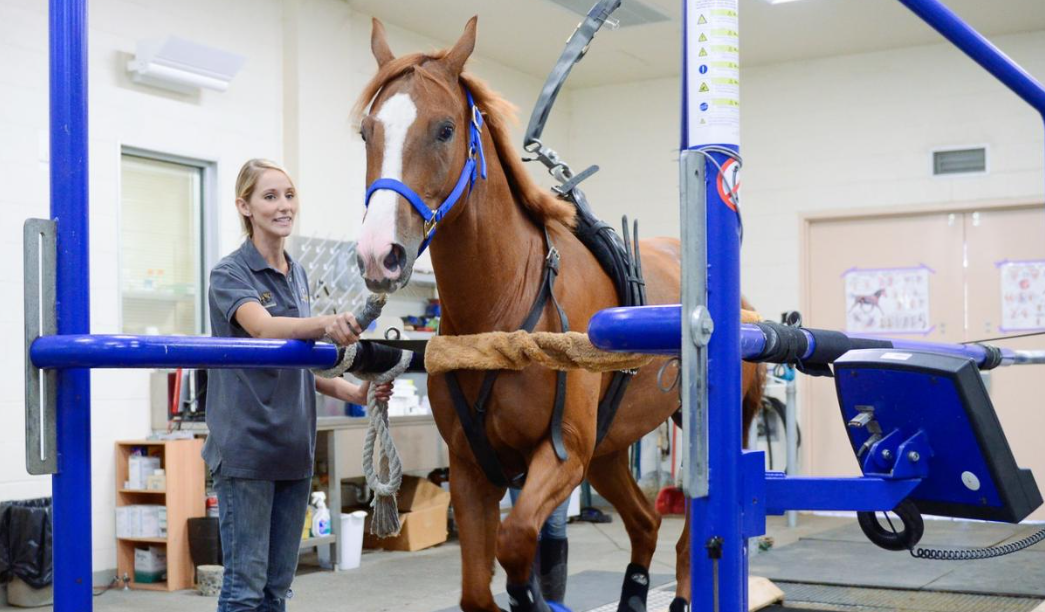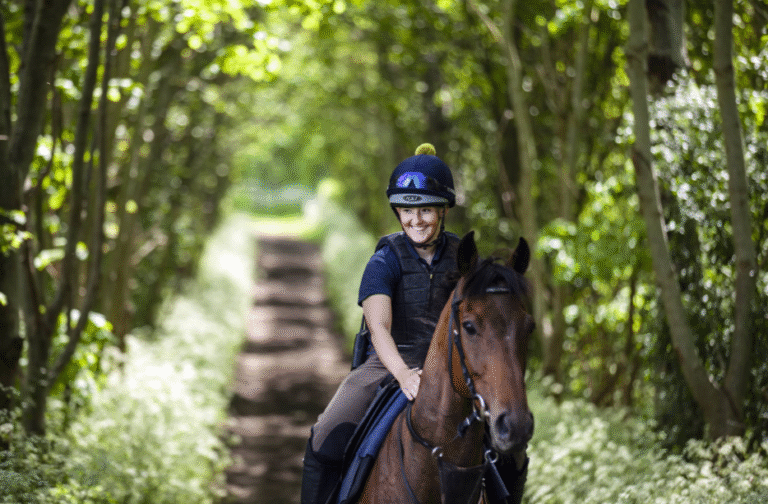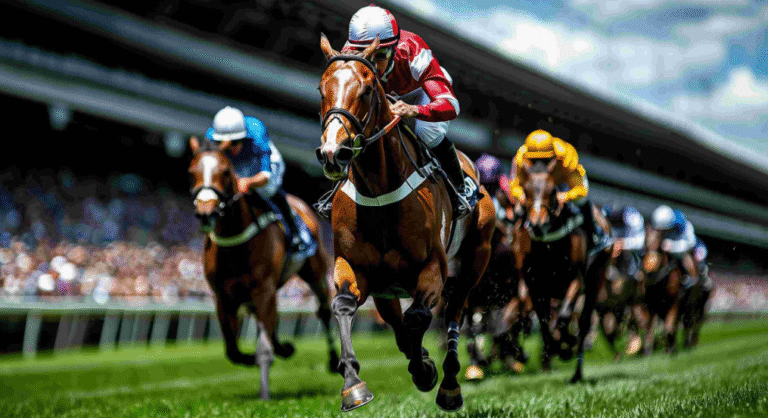Exploring the Role of Veterinarians in Horse Racing
Veterinarians are essential in horse racing, ensuring the physical and mental well-being of racehorses. Their routine health assessments help identify potential issues early. In emergencies, they provide critical interventions that can mean the difference between recovery and long-term injury. Beyond immediate care, veterinarians also navigate ethical considerations, advocating for animal welfare while adhering to racing regulations. Understanding their multifaceted role reveals deeper insights into the complexities of the sport and its commitment to the horses involved.
The Importance of Preventative Care in Racehorses
Although the thrill of horse racing captivates audiences worldwide, the welfare of the athletes—both equine and human—hinges significantly on effective preventative care.
Proper nutrition management ensures racehorses receive essential nutrients for optimal performance, while training adjustments help prevent injuries and promote longevity.
This proactive approach fosters a healthier environment, enabling both horse and rider to thrive in their pursuit of freedom on the racetrack.
See also: 10 Tips for Betting on Horse Races Like a Pro
Routine Health Assessments and Monitoring
Routine health assessments and monitoring are crucial for maintaining the well-being of racehorses, as they provide veterinarians with vital insights into the animals’ physical condition and overall health. These routine check-ups and performance evaluations help identify potential issues early, ensuring that horses remain fit and competitive.
| Assessment Type | Frequency | Purpose |
|---|---|---|
| Physical Examination | Bi-weekly | General health check |
| Vaccination Review | Annually | Disease prevention |
| Lameness Evaluation | Monthly | Performance monitoring |
| Dental Check | Semi-annually | Oral health maintenance |
| Nutritional Review | Quarterly | Dietary optimization |
Emergency Interventions and Injury Management
When a racehorse sustains an injury, swift and effective emergency interventions are critical to minimize pain and prevent further complications.
Veterinarians play a vital role in injury management, employing techniques that facilitate immediate care and recovery.
Their expertise informs racehorse rehabilitation strategies, emphasizing injury prevention measures to safeguard the horse’s well-being and enhance its performance potential in future races.
Ethical Considerations and Animal Welfare in Racing
The ethical considerations surrounding horse racing are of paramount importance, as they directly impact the welfare of the animals involved. Racing regulations must prioritize animal rights, ensuring that horses are treated with dignity and respect throughout their racing careers.
| Ethical Concerns | Racing Regulations |
|---|---|
| Treatment of Injured Horses | Medication Guidelines |
| Breeding Practices | Safety Standards |
| Use of Performance Enhancers | Welfare Checks |
Conclusion
In conclusion, while some may argue that the rigorous demands of horse racing compromise equine welfare, the vital role of veterinarians proves otherwise. Through dedicated preventative care, routine health assessments, and swift emergency interventions, these professionals prioritize the well-being of racehorses, ensuring they remain healthy and competitive. By fostering ethical practices and advocating for optimal nutrition, veterinarians not only enhance the longevity of these athletes but also elevate the integrity of the sport, benefiting horses and humans alike.





